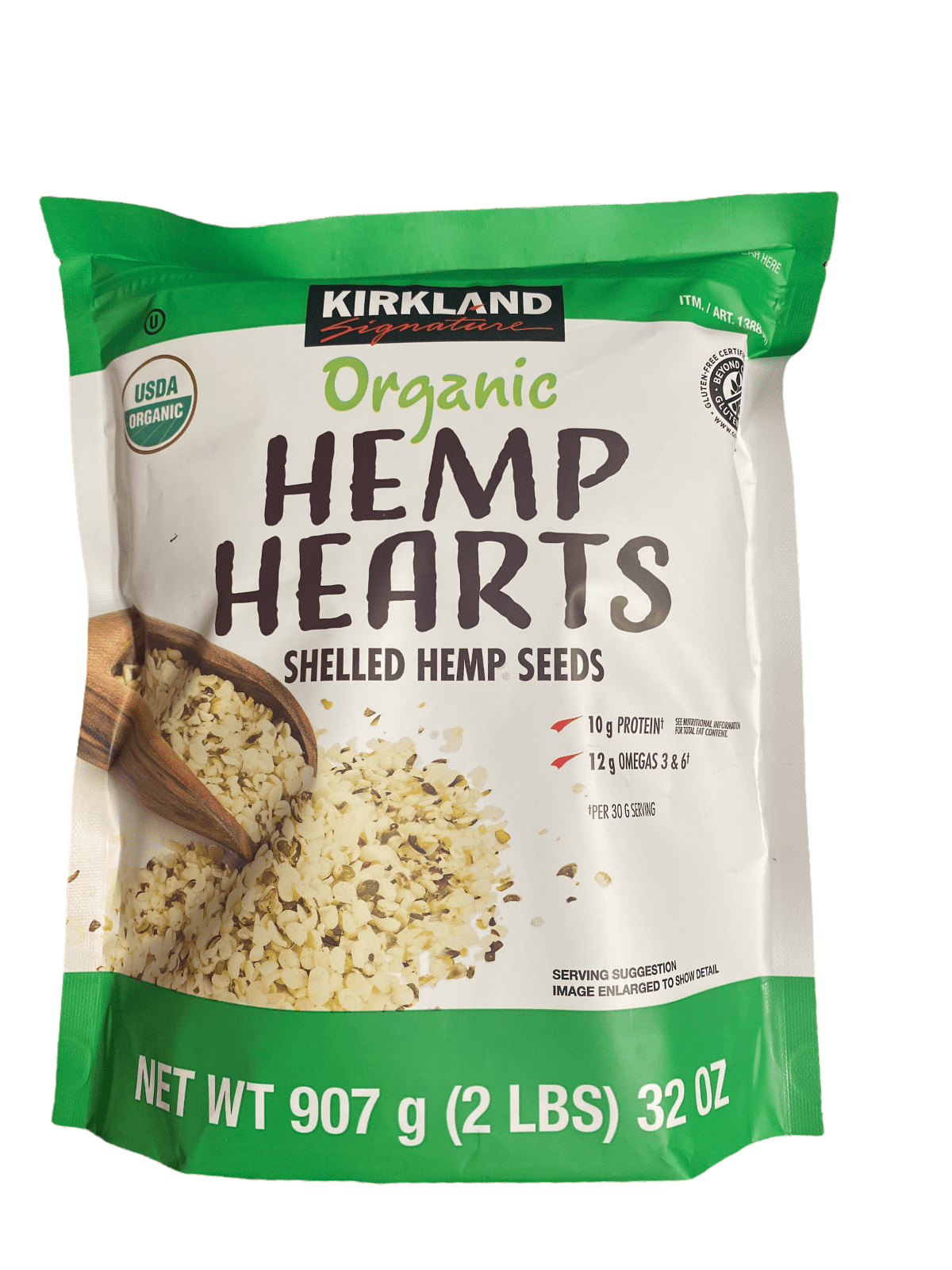Navigating Hemp Farming Laws in Canada: A Complete Guideline
Hemp, a functional crop with a myriad of purposes ranging from textiles to overall health dietary supplements, has observed a resurgence in fascination globally, including in Canada. With the legalization of cannabis for recreational and medicinal applications in Canada, hemp cultivation has received prominence thanks to its non-intoxicating houses and numerous industrial programs. Nevertheless, like any agricultural endeavor, hemp farming in Canada is matter to rules aimed at guaranteeing compliance, good quality command, and purchaser safety. In this short article, we delve into the regulatory landscape governing hemp farming in Canada, checking out licensing necessities, cultivation guidelines, and the evolving lawful framework.
Heritage of Hemp Regulation in Canada:
Hemp has a very long background in Canada, relationship back again to the early colonial period when it was cultivated for fiber and food stuff. Even so, its cultivation witnessed a drop in the 20th century because of to regulatory restrictions and misconceptions about its association with psychoactive hashish. The turning position came with the passage of the Industrial Hemp Polices in 1998, which allowed licensed cultivation of hemp with very low THC (tetrahydrocannabinol) articles. Because then, hemp farming in Canada has been controlled less than the Cannabis Act and its accompanying restrictions.
Licensing and Regulatory Bodies:
To engage in hemp cultivation in Canada, people and entities have to acquire a license from Health Canada, the federal division responsible for overseeing hashish restrictions. Health and fitness Canada provides different types of licenses dependent on the supposed routines, like cultivation, processing, and offering of hemp goods. Prospective hemp farmers have to go through a thorough software course of action, which contains history checks, protection clearances, and compliance with strict regulatory demands.
Cultivation Guidelines:
Hemp cultivation in Canada is ruled by stringent suggestions aimed at making sure the integrity and top quality of the crop whilst minimizing the threat of diversion to illicit marketplaces. Key polices include restrictions on THC material, mandatory testing of hemp samples to validate compliance, and adherence to Excellent Agricultural and Assortment Procedures (GACP). Farmers are also needed to sustain detailed data of their cultivation things to do, including seed sources, cultivation techniques, and harvest data.
THC Content Boundaries:
A person of the central regulatory elements of hemp cultivation in Canada is the restriction on THC material. THC is the psychoactive compound found in hashish vegetation, and hemp varieties cultivated for industrial uses will have to comprise a lot less than .3% THC on a dry bodyweight foundation. This threshold distinguishes hemp from psychoactive hashish versions and is vital for ensuring compliance with each domestic and international restrictions. Wellness Canada conducts regular inspections and testing to verify THC ranges in hemp crops, and non-compliant crops could be matter to seizure and destruction.
Quality Handle and Tests:
Top quality control is paramount in the hemp marketplace to guarantee buyer basic safety and solution consistency. Overall health Canada mandates rigorous screening of hemp samples for many parameters, like THC written content, CBD (cannabidiol) amounts, pesticides, hefty metals, and microbial contaminants. Certified producers must make the most of accredited screening laboratories and adhere to standardized testing protocols to retain compliance. By employing robust high quality command measures, regulators purpose to safeguard community wellbeing and preserve the integrity of the hemp market.
Export and Import Polices:
Canada is a important player in the international hemp market place, exporting a wide variety of hemp-derived goods, including fiber, seed, oil, and CBD extracts. Nevertheless, intercontinental trade in hemp is subject matter to intricate regulations, like import necessities imposed by desired destination nations. Wellbeing Canada gives assistance to exporters on compliance with international polices and helps in getting the essential permits and certifications. Likewise, try this web-site of hemp goods into Canada have to guarantee compliance with domestic restrictions, which include licensing demands and high quality standards.
Emerging Developments and Future Outlook:
The hemp market in Canada is dealing with quick development and innovation, driven by raising customer demand for hemp-derived goods and developments in agricultural engineering. With the the latest legalization of hashish edibles and extracts, there is increasing fascination in hemp-derived CBD solutions for therapeutic and wellness apps. Furthermore, investigation into novel hemp cultivars with increased attributes, this kind of as bigger CBD articles or enhanced fiber excellent, retains promise for increasing the market place and diversifying product choices.
Summary:
Hemp farming in Canada is governed by a detailed regulatory framework aimed at making sure compliance, high quality manage, and shopper safety. By licensing demands, cultivation pointers, and stringent high quality control measures, regulators try to maintain the integrity of the hemp market when fostering innovation and financial progress. As the marketplace continues to evolve, stakeholders have to remain abreast of regulatory developments and very best methods to navigate the elaborate landscape of hemp cultivation in Canada
